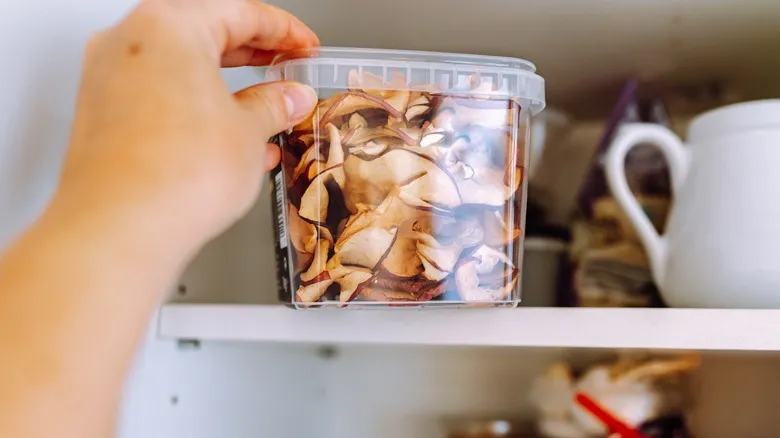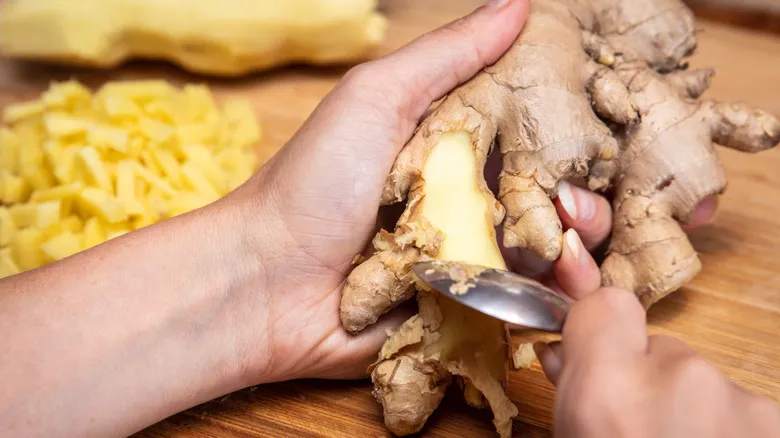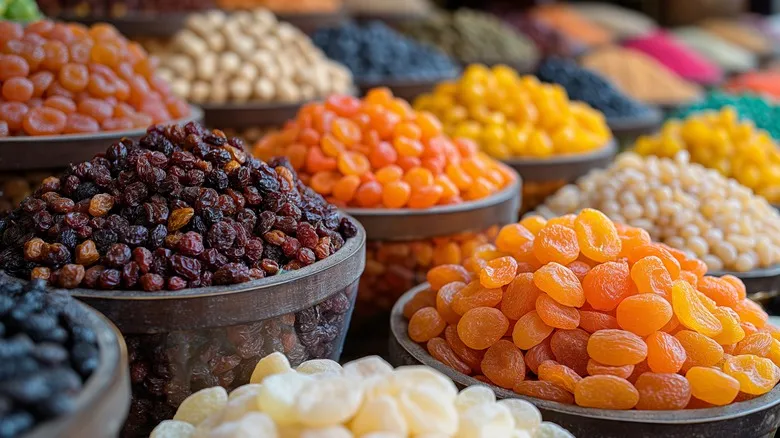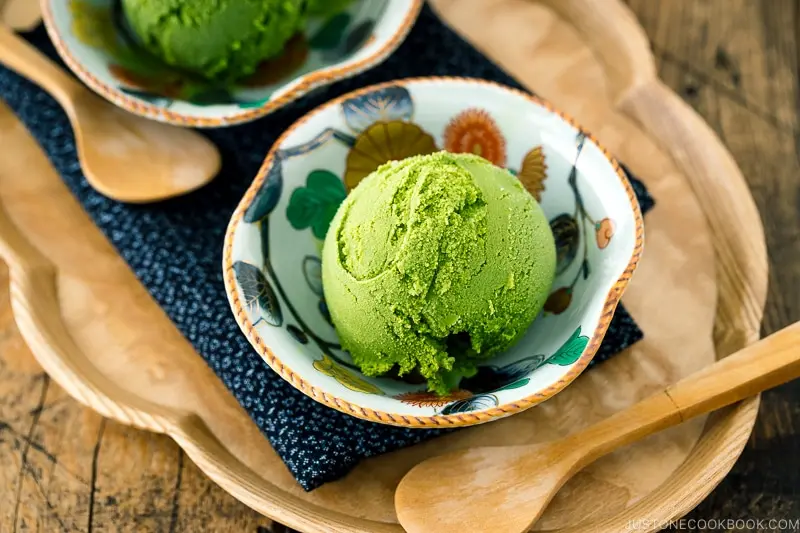Signs it's time to toss your dried fruits

While dried fruit can have a long shelf life, it will eventually spoil, even under optimal storage conditions. One of the initial indicators that your fruit is deteriorating is discoloration. Dried fruits nearing the end of their lifespan often appear dull, develop dark spots, or even show signs of mold. Additionally, if you open the container and are greeted by a foul or off-putting odor, the fruit is likely no longer fresh.
Dried fruit should consistently be firm and slightly chewy. If you pick up a piece and it feels soft, it may indicate that moisture has infiltrated the container at some point, compromising the fruit's quality. If dried fruit has been exposed to moisture, it can potentially be saved if you act quickly. You can attempt to dry it out again using a dehydrator or an oven. However, if you're unsure how long it has been compromised, it's safer to discard it.
If you're worried about not using your dried fruit in time and want to prevent waste, you can transfer it to the freezer, provided it shows no signs of spoilage. Alternatively, you can rehydrate your dried fruit and incorporate it into various dishes, such as muffins, cookies, savory or sweet stuffing, or salads. With a little creativity, there are countless delicious ways to enjoy dried fruits.
Recommended

Revive Leftovers By Turning Them Into Hearty Soup

The Risk You Might Be Taking With Homemade Pizza Toppings

The Important Step You Need To Take Before Your Fish Touches The Frying Pan

The Simple Hack That Makes Peeling Ginger Easier
Next up





